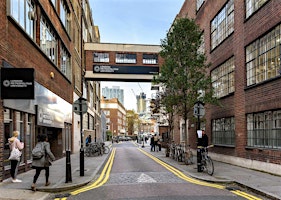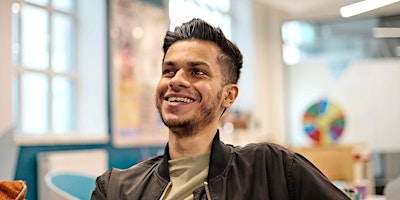Apply for this course
Please select when you would like to start:
If you're a UK applicant wanting to study full-time starting in September, you must apply via UCAS unless otherwise specified. If you're an international applicant wanting to study full-time, you can choose to apply via UCAS or directly to the University.
If you're applying for part-time study, you should apply directly to the University. If you require a Student visa, please be aware that you will not be able to study as a part-time student at undergraduate level.
Why study this course?
Our Fine Art BA (including foundation year) BA (Hons) is a four-year degree with an in-built foundation year that will give you the chance to explore a range of artistic directions before going on to specialise specifically in areas of fine art during your subsequent years of study.
Our foundation year course is a great route into a fine art degree, especially if you don’t meet the necessary requirements to enter a three-year undergraduate degree in fine art or painting.
Benefit from a range of internal and external activities and experts
There will be artists in residence, art awards, access to private viewings, regular field trips to the Venice Biennale and other European art events plus invaluable advice from artists who’ll guide you into your art career
Learn from industry professionals and exhibit your work
You’ll benefit from our expert artists-in-residence and have the opportunity to exhibit your work in major student exhibitions attended by art professionals
Learn the skills you need to reach your full potential
This four-year degree course includes an intensive foundation year (Year 0) which will provide you with the skills required for your subsequent three years of study
Course modules
The modules listed below are for the academic year 2024/25 and represent the course modules at this time. Modules and module details (including, but not limited to, location and time) are subject to change over time.
Year* 0 modules
Year 1 modules
Year 2 modules
Year 3 modules
Critical & Contextual Studies: Foundation
This module currently runs:all year (September start) - Wednesday morning
(core, 30 credits)
The Critical and Contextual Studies module introduces a range of cultural and contextual practices and is diagnostic in helping students to identify areas of reading, writing, information gathering and research in relation to their abilities, needs and aspirations. The intention is to prepare students for critical and theoretical work in Higher Education.
The focus of the Critical and Contextual Studies module is on the ability to ask questions and find answers; specifically, those bearing on Art, Architecture and Design and Media in the broad sense and to the conventional means to present these. The experience of the module is structured by a sequence of three submissions: an initial patchwork assignment that includes a Learning Reflection element, an analysis of the works of a particular creative practitioner and a final submission is a self-directed essay.
The contents include answers to questions that range from practical or theoretical ‘how to’ or ‘what is’ exercises; to simple ‘what do you think?’ form of analysis or reflection; to complex structured responses in the form of the essay.
The module is constructed around two core blocks of intensive study. Each block has a thematic structure to allow the exploration of different topics and approaches, for example: ‘Contexts’, ‘Connections’, ‘Themes in creative practice’. The first assessment includes the Learning Reflection element.
The module aims to motivate and aid the student to find out about and engage in the practice and culture of Art, Architecture and Design and Media. The module should help inform the student about their future direction of study as well as providing useful insights into their potential and abilities. Students learn how to ask and begin to answer questions about the discipline they are interested in and its broader context. They should acquire a portfolio of methodological and critical writing and communication skills that enable them and know how to apply themselves to the various forms of study and assessment ahead following progression to the next level in Higher Education.
Read full detailsCritical Creative Practice
This module currently runs:all year (September start) - Wednesday afternoon
(core, 30 credits)
The module addresses what is fundamental to creative practices across all disciplines; colour, composition, the fabrication, discussion and development of ideas, visual narratives, collaborative practice, documentation, presentation, curation, critique and exhibition of creative work.
You will work in both digital and analogue formats to explore a range of materials, methods and presentation formats, e.g. sketchbooks, drawings, watercolour, photography, collage, AI and digital platforms.
The module aims to validate and build upon student’s existing creative practice. There is an emphasis on the process of learning from self-evaluation and critical reflection of intuitive making and testing. Throughout the module you will students work both individually and as part of a team to share, discuss and critique creative work in order to extend their capacity to confidently develop, articulate and presenting work. The module encourages peer-to-peer learning via teamwork and the required presentation of collaborative outcomes. The module aims to expand subject-area knowledge and introduce practical strategies for the formation and growth of student’s nascent creative practice.
Read full detailsProject
This module currently runs:all year (September start) - Friday morning
all year (September start) - Tuesday morning
all year (September start) - Thursday morning
all year (September start) - Monday morning
(core, 30 credits)
The Project module provides a broad, varied, stimulating experience of a range of creative practices that allows for self-assessment of individual interests and aptitudes towards developing a specialism. It enables the development of a productive, disciplined and critical approach to visual and practical enquiry; and to individual independent thinking, making and communicating. It develops the individual’s portfolio of work in a distinctive and ambitious way as evidence of a personal creative practice in the context of a specific subject area. Assignments and study trips will open up London as a source of limitless research potential and creativity.
A project develops ideas through conceptual and material processes towards outcomes that can be evaluated in relation to the initial idea; and other related contexts that may arise during the timeframe of the project. The Project module is an introduction to the project as a key feature of creative practice. The projects in the Project module vary considerably in aim, structure and duration to reflect their application in a wide range of creative practices. The definition, implementation, development and outcome of the projects is transferred from tutor to student as the course develops. The projects are inherently student-centred with course demands satisfied by nurturing the student’s independent inquiry, discovery & production.
Practical elements of project-work are built-up by a close relation with the Techniques module. Critical reflection and self-evaluation encourage the development of self-organisation and effective time-management.
Read full detailsTechniques
This module currently runs:all year (September start) - Friday afternoon
all year (September start) - Tuesday afternoon
all year (September start) - Thursday afternoon
all year (September start) - Monday afternoon
(core, 30 credits)
The Techniques module introduces a wide range of materials, methods, techniques and processes to produce work in a broad sense. It is closely aligned with the Project module to develop a working knowledge of the potential and limitations of selected media, materials and techniques in the development of project work. Responsible attitudes aligned to ethical and professional contexts are applied and considered in relation to imaginative experimentation and exploitation for innovation.
Techniques explores approaches to the skills-based, technical aspects of creative practice in relation having, developing and resolving ideas through processes towards media/material outcomes. It concerns the quality of making, considerations of care, appropriateness and endeavour. It encourages recognition of the intrinsic formal and structural qualities of different media as essential elements in visual/aural communication. The module involves a series of learning experiences that introduce and develop many of the key skills and techniques needed for a range of making practices across various subject areas; the outcomes are in the context of and further developed in close relation with the Project module.
The Techniques module links the analysis and evaluation of technical quantitative properties with qualitative aesthetic discernment and judgment and introduces a common vocabulary, technical/professional language, core skills and reference models.
It introduces safe and appropriate studio/workshop/site practice.
Read full detailsCritical & Contextual Studies 1 (Art)
This module currently runs:all year (September start) - Thursday morning
(core, 30 credits)
Critical and Contextual Studies 1 will introduce you to the history and theory of your discipline, its extent and conventions, and its broader social and material context in culture and contemporary practice.
You will be guided towards critical reflections on what you see and learn how to read connections between different ideas. In particular, the module investigates how thinking and articulating ideas about practice in your field might be framed – for example in relation to history, the economy, society and the environment, or through theory and practice. Teaching and learning on the module encourages you to explore these questions in relation to your own background and identity, and to broaden your thinking and understanding of previously marginalised contexts and histories of your discipline.
The module will begin to introduce you to a range of academic skills needed to produce a graduate-level study in their final year. It helps you to develop your own interests, and to reflect on and take responsibility for the development of your own learning.Critical and Contextual Studies 1 will introduce you to the history and theory of your discipline, its extent and conventions, and its broader social and material context in culture and contemporary practice.
You will be guided towards critical reflections on what you see and learn how to read connections between different ideas. In particular, the module investigates how thinking and articulating ideas about practice in your field might be framed – for example in relation to history, the economy, society and the environment, or through theory and practice. Teaching and learning on the module encourages you to explore these questions in relation to your own background and identity, and to broaden your thinking and understanding of previously marginalised contexts and histories of your discipline.
The module will begin to introduce you to a range of academic skills needed to produce a graduate-level study in their final year. It helps you to develop your own interests, and to reflect on and take responsibility for the development of your own learning.
Read full detailsDirected Studio Practice
This module currently runs:all year (September start) - Tuesday morning
all year (September start) - Thursday afternoon
all year (September start) - Tuesday
(core, 60 credits)
This module introduces you to the core principles and skills of an independent Fine Art practice. The direction of your practice will be guided by a series of seminars, workshops, crits and tutorials that will provide you with the skills needed to think critically and work independently in the studio. Through experimenting with a wide variety of media and considering the relationship between method, medium and meaning, you will gain experience and knowledge needed to initiate a practice of your own direction. The module also puts you at the centre of the formulation of group ethics in the studio - defining under supervision how you as a group of practitioners are to conduct yourselves and help each other in you work and study.
This module aims to provide you with an understanding of a wider creative framework of art, exploring contemporary cultural, political, critical and economic contexts. It aims to improve your ability to appraise and evaluate methods of research in fine art and to allow you to develop an understanding of its exhibition context, including an understanding of diverse audiences. The module aims to provide you with the ability to act on a code of group ethics for studio practice in a shared setting and to provide you with the tools to document, reflect on and communicate the progress of your practice through different formats.
Read full detailsFine Art Techniques
This module currently runs:all year (September start) - Friday
all year (September start) - Friday morning
(core, 30 credits)
The Fine Art Techniques module introduces you to range of media through a programme of practical, hands-on workshops. This module will teach you the medium specific techniques and skills that will enable you to develop a materially diverse and technically proficient studio practice.
This module supports an applied understanding of technical literacy through the development of basic skills and the advancement of techniques. The programme of study utilises the technical facilities of AAD to provide the necessary technical skills required for the development of medium specific art practices. The technical demonstrations are supported by introductory seminars that provide a contextual framework for each medium within a diverse field of contemporary fine art practice.
This module focuses upon key skills and concepts, with the aim to enable you to make heuristic connections between intention, process, and outcome as you test the methods of art enquiry introduced in other modules by applying art processes and art media techniques effectively. This module will induct you to the essential health and safety procedures and processes that are necessary in order to access the workshops independently with the aim for you to be proficient in the organisation of tools and materials and to use the technical facilities and equipment with confidence.
Read full detailsCritical & Contextual Studies 2 (Art)
This module currently runs:all year (September start) - Tuesday afternoon
(core, 30 credits)
Critical and Contextual Studies 2 will continue to critically engage you in the history, theory and practice of your discipline, its extent and conventions, and its broader social and material context in culture and contemporary practice. You will build on studies undertaken in Level 4 and develop into independent thinkers, capable of selecting an appropriate topic and producing a sustained piece of independent study in the form of a dissertation in Level 6.
The module aims to situate your own ideas and practice within the process of constructing knowledge about your discipline. It rehearses the analytical and discursive skills you need to become knowledgeable about the authorities, objects and methods in your field and to understand the roles, locations and responsibilities of important players within it. In particular, the module encourages you to weigh and understand the broader ethical questions relevant to your discipline, and to become conversant with the themes and current debates that animate it. The module recognises that you are an active contributor in this process: what you bring to the construction of knowledge counts – and how effectively you are able to construct and apply this knowledge depends on how well you understand the field of your discipline.
You will be encouraged to think creatively and take responsibility for the development of your own learning. Critical and Contextual Studies for second year students is structured in order to foster confidence through applying analytical skills to a growing body of knowledge, and expressing this through debate, discussion and public presentation.
Read full detailsDeveloping Studio Practice
This module currently runs:all year (September start) - Monday morning
all year (September start) - Thursday
all year (September start) - Monday morning
all year (September start) - Thursday morning
(core, 60 credits)
This module supports your developing cross-disciplinary practice in the studio through practical workshops, seminars, technical demonstrations, and tutorials. Centred on thinking-through-doing and learning, you will focus on the ways that making art can be understood as a space of active learning. While the module takes place in the studio and expects students to make the most of that environment as a space of practical experiment and as a social space, you will also explore the ways in which different audiences and contexts (social, political, historical, architectural) impact upon your work.
The module requires you to develop your ideas independently and/or collaboratively and encourages you to understand how they might intersect with issues related to social justice and environmental concerns.
The module aims to support you to realise your own practice and to develop an understanding of technical knowledge as well as a development of being both socially and professionally-minded to support a diverse range of interests and abilities. It furthermore aims to enable you to work collaboratively and independently on group work, understanding the ethical values of shared space and independent learning.
Read full detailsFine Art Professional Practice
This module currently runs:all year (September start) - Monday afternoon
(core, 30 credits)
In FA5009 Fine Art Professional Practice you will be exploring and learning how to engage your practice in a professional capacity outside of the university structure, through tasks such as writing artist statements, proposals for residencies, organising an exhibition and other ways in which artists engage audiences and the public sphere.
The module builds on the key technical skills and concepts introduced at Level 4, now providing students with a sustained and in-depth engagement with the world of work in the Fine Art area by encouraging students to begin to contact and engage with viewers of art, art exhibition visitors and various art operators. You will be engaging with live briefs, whilst gaining support on how to formulate your work and ideas in a succinct and clear manner for a professional public use. Technical competence is enhanced and advanced while exploring the range and application of Fine Art practice in the realisation of group and individual projects, as well as the documentation of work made.
FA5007 Professional Practice 1: Fine Art serves and sustains an award in the BA Fine Art course only, delivered in a seamless and integral relationship with the work of other core modules on Level 5. Students are expected to investigate and develop critical and aesthetic working relationships between and across the Level 5 modules.
The module aims to enable students to develop key subject-specific skills and
knowledge in the concepts and principles of Fine Art only, as they apply to the world of work in that discipline. Through mastering the organisation of tools, fine art equipment, materials and pre- and post-production aspects, this module’s objectives are to enable students to develop the key cognitive skill of applying what is learned in the Fine Art studio to novel situations in the presentation and display of work to new audiences or a wider public. The module also aims to provide students with work-related learning about applications, planning, together with exhibition practices and structures to develop that wider public and those new audiences, with a view to creating a sustainable legacy of career assets to aid employability.
Consolidating Studio Practice
This module currently runs:spring semester - Monday
spring semester - Thursday
(core, 60 credits)
FA6P02 Consolidating Studio Practice marks the summation of the programme of studies on the BA Fine Art course. The module comprises a major body of work demonstrating independent study, produced under supervision and guidance. The purpose of this final module is to demonstrate the application and integration of the skills and knowledge gained throughout the course.
The module requires you to appropriately frame your studio work building on your planned proposal undertaken in FA6011 Planning Studio Practice in Semester 1, and culminating in the submission of a final body of work using ideas, techniques and processes at the forefront of fine art practice.
The module will be supported by a series of sessions on curatorial decision to suit a range of audiences, which will enable you to realise your final outcomes. On this basis, the module requires you to frame the project in contemporary terms and be able to justify and present the methods employed in its execution, including the conceptual and practical aims of the project and its intended audience or reception.
Students are encouraged to act as critical and autonomous learners, taking increasing
responsibility for the progress of their project work.
The module aims to allow students to show they have acquired coherent and detailed
knowledge at the forefront of fine art, able to deploy critical thinking with
accuracy by developing and sharing the context for their project. Students are expected to synthesise the experience and knowledge gained over the course, and employ a range of transferable skills in communication, negotiation, analysis, project planning and project management. The module also aims to provide students with work-related learning about different outreach strategies, curatorial practices, setting up and running of exhibitions. Finally, the module aims to enable the student to successfully mount their final degree exhibition, through a series of sessions on technical as well as theoretical exhibition practices.
Critical & Contextual Studies 3: Dissertation (Art)
This module currently runs:autumn semester - Wednesday afternoon
autumn semester - Wednesday morning
(core, 30 credits)
Critical and Contextual Studies (CCS) in Level 6 offers you an opportunity to develop a sustained enquiry into a topic you choose because it particularly interests you. Building on critical and academic skills gained during two years of previous study, the module encourages you to develop an awareness of issues around which there is some debate, uncertainty or contest. Based on this awareness, you will develop a set of research questions which constitute the topic of your study. This topic can be theoretical, historical, or technical and you may, with guidance, decide to engage with an area of scholarly interest outside the territory of your degree course.
You will develop your topic and respond to your research questions in the form of an extended critical study or Dissertation (6,000–7,000 words). Through this study you demonstrate that you can thoroughly research a topic, use appropriate methods of investigation, and work in a methodical and organised way to develop a coherent argument or line of thought. Teaching and Learning on the module is designed to support you in this process through a combination of seminars, workshops, academic skill sessions and one-to-one supervision; as well as a series of formative and summative assessments which prepare you for the final submission.
The final form and presentation of your Dissertation can reflect a broad range of approaches to research and writing. It may include visual materials or other non-written forms of presentation as long they support your enquiry and comprise an integral part of the whole. By prior approval at the start of the module, your research can be part practice-based, and include primary research and fieldwork.
By virtue of the sustained, independent nature of the learning and substantial final output, the dissertation is also intended to prepare you for possible postgraduate study.
Read full detailsPlanning Studio Practice
This module currently runs:autumn semester - Monday
autumn semester - Monday morning
(core, 30 credits)
The FA6011Planning Studio Practice module supports intensive research and development towards the realisation of your major body of work in the second semester module FA6P02 Consolidating Studio Practice. In this module you will engage in methods of enquiry that are appropriate to your identified areas of interest and supportive of your future creative aspirations.
During the module, you will test out working methods, clarify your intentions,
and frame your project in a contemporary context. The module includes talks, seminars and workshops to support your ability to deliver a professional artistic Project Proposal, a document that you will submit at the end of the module. The document will allow you to clarify the intensions of your final body of work, outline the research context, understand professional practice aspects such as timing, planning, health & safety and other measures needed to be considered in the work towards the realisation of your final body of work.
The FA6011 Planning Studio Practice serves and sustains the BA Fine Art course, delivered in a seamless and integral relationship with the work of other core modules in the level. Students are expected to reflect upon and represent the complexity of critical and creative relationships between and across the body of work undertaken in Level 6, including in the Critical and Contextual Studies dissertation.
By developing and sharing methods of enquiry and professional practice skills - through a journal and project proposal - the aim of this module is for you to acquire knowledge of contemporary art research in such a way that will be enable you to deploy critical thinking with accuracy. By planning and communicating methods of enquiry to peers in advance, one of this module’s objectives is to enable you to identify potential obstacles and solve complex problems throughout the initiation and production of your projects. The module will also enable you to demonstrate skills of reflection and evaluation of concepts and methods of enquiry and the analysis of materials and techniques in the body of work, via a public dialogue with a specialist audience - your peers.
Read full details

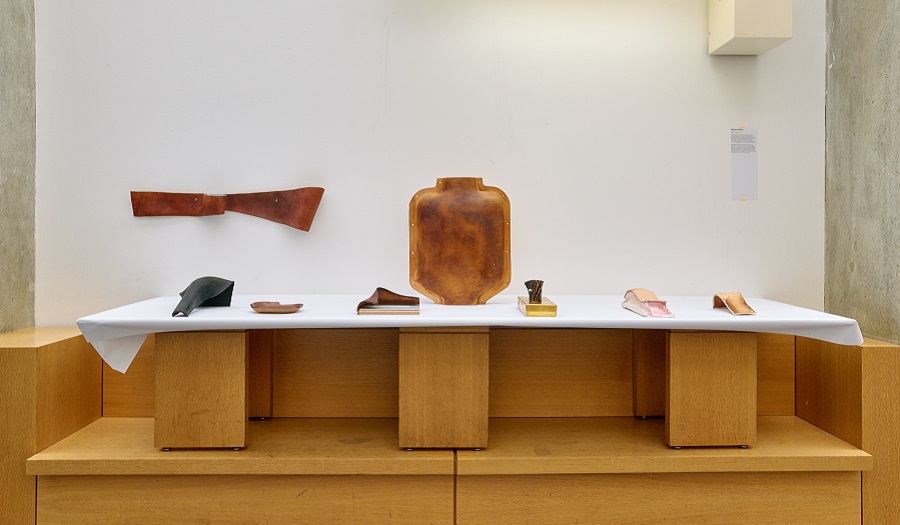
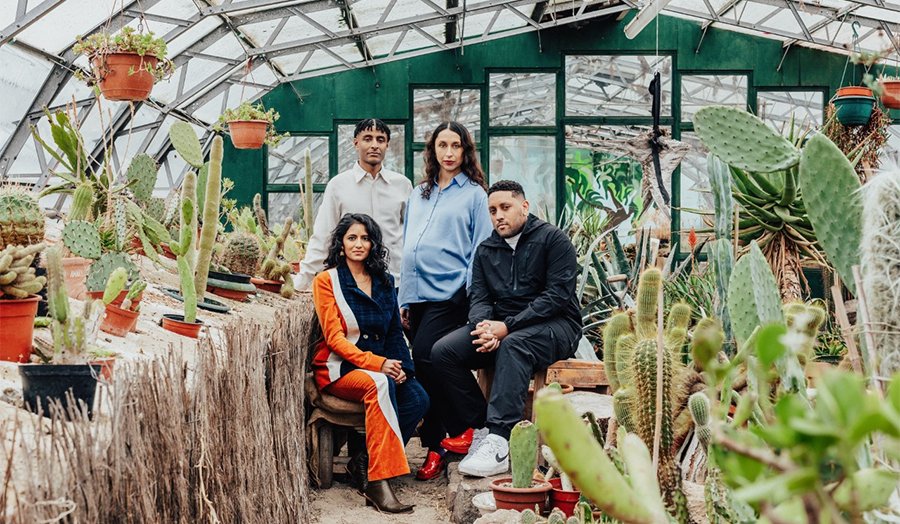
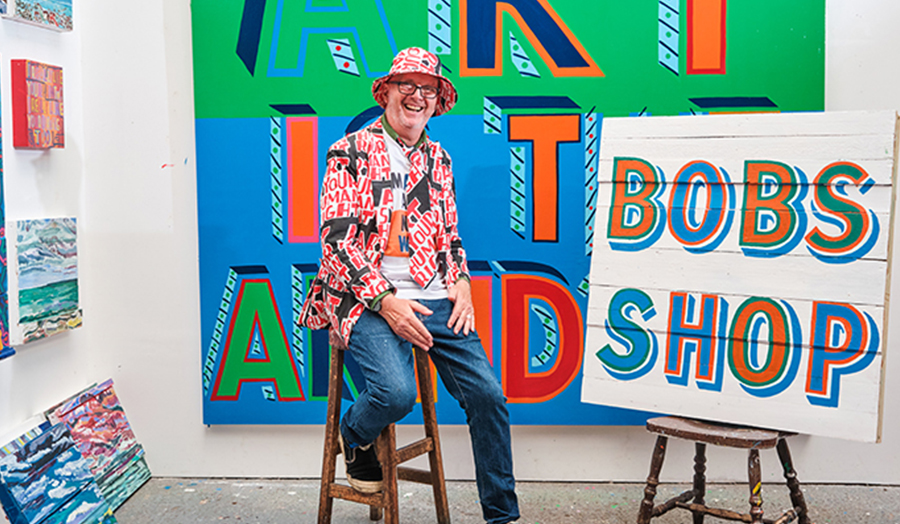

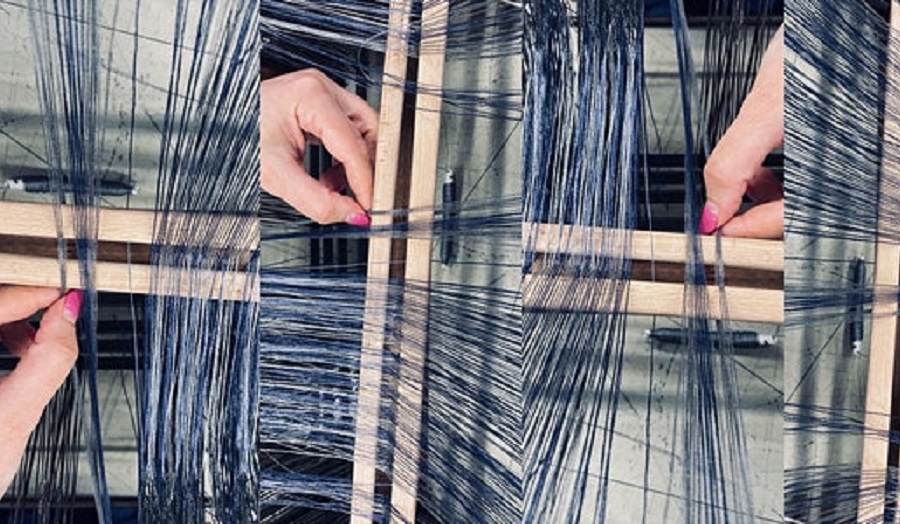
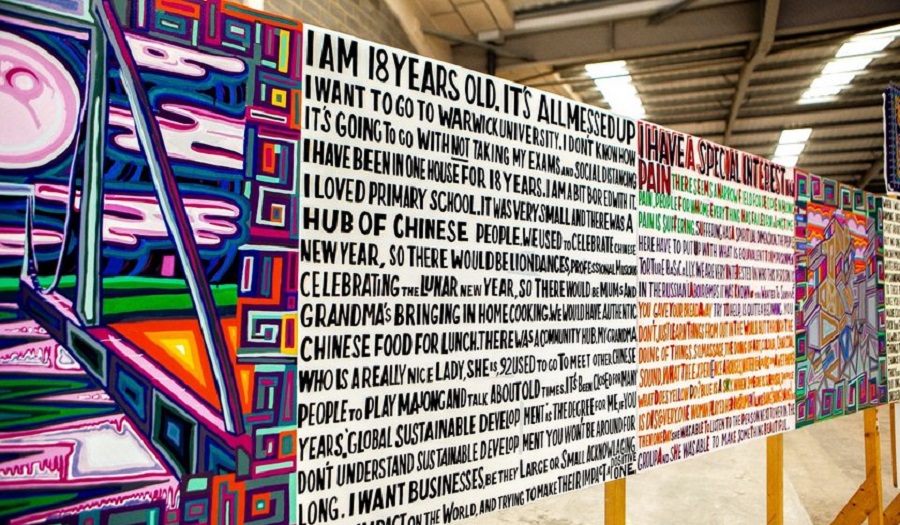
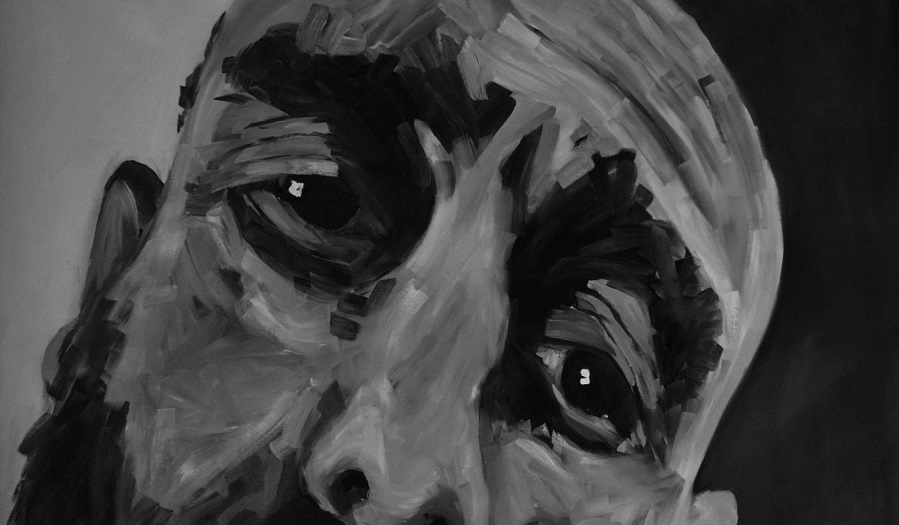
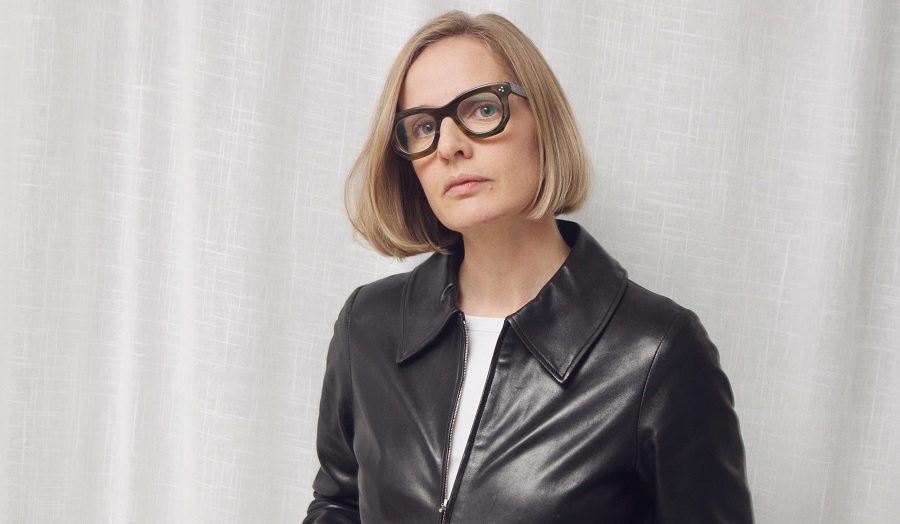
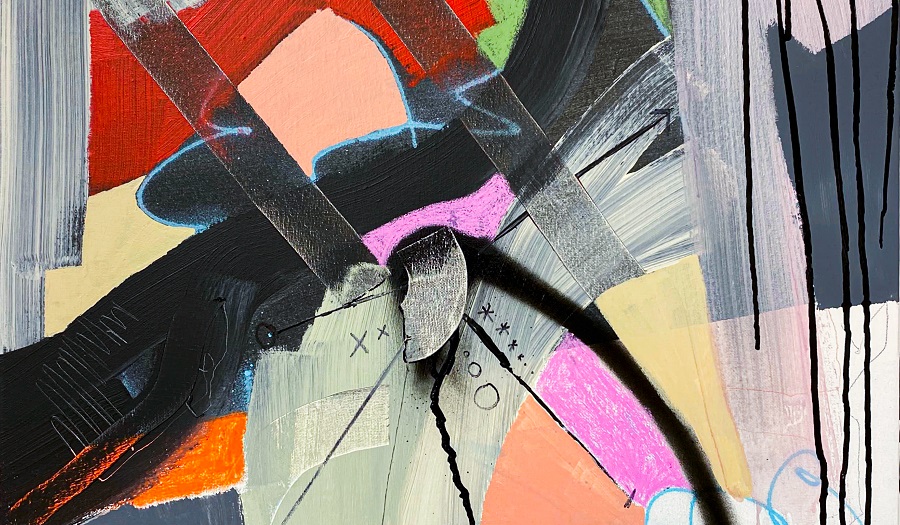
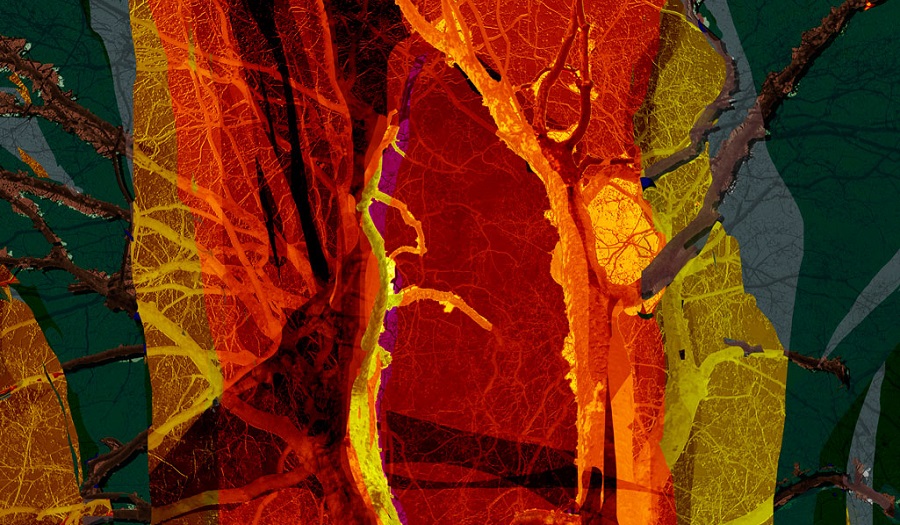
-by-Nye-Thompson-&-UBERMORGEN-image-courtesy-of-the-artists_T4.jpg)
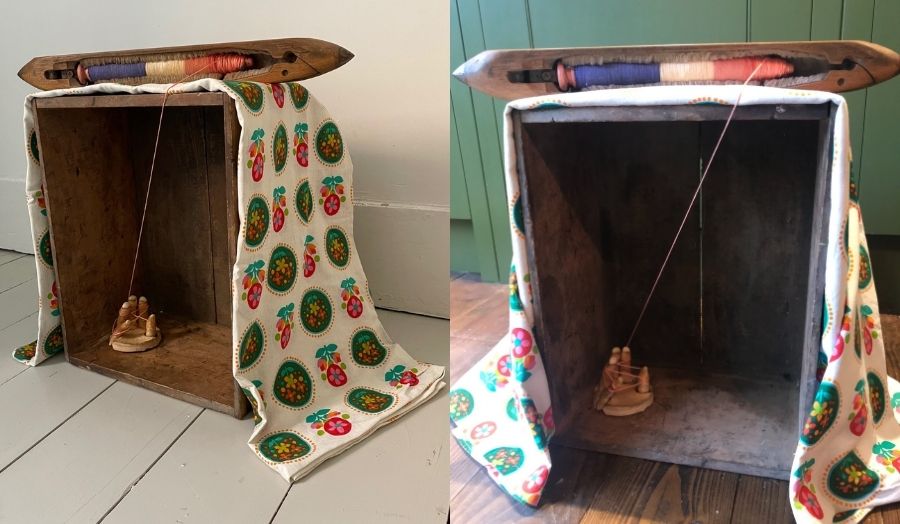
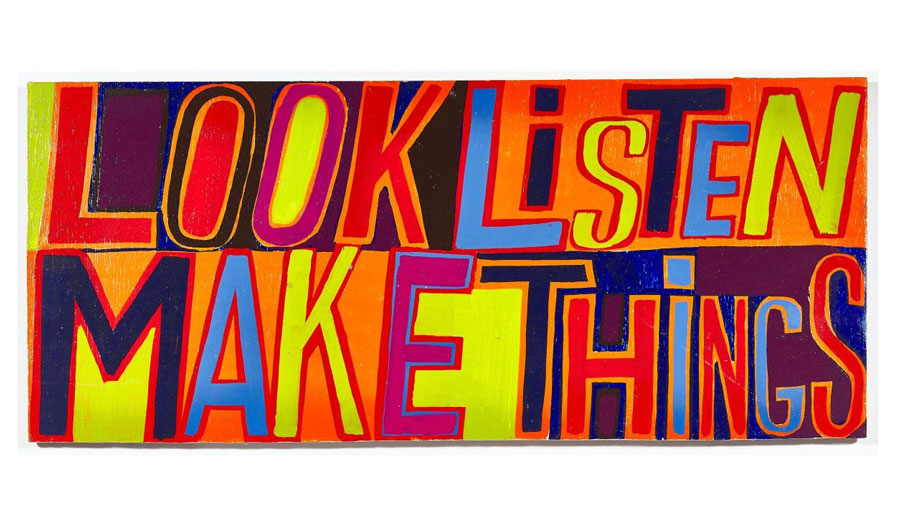
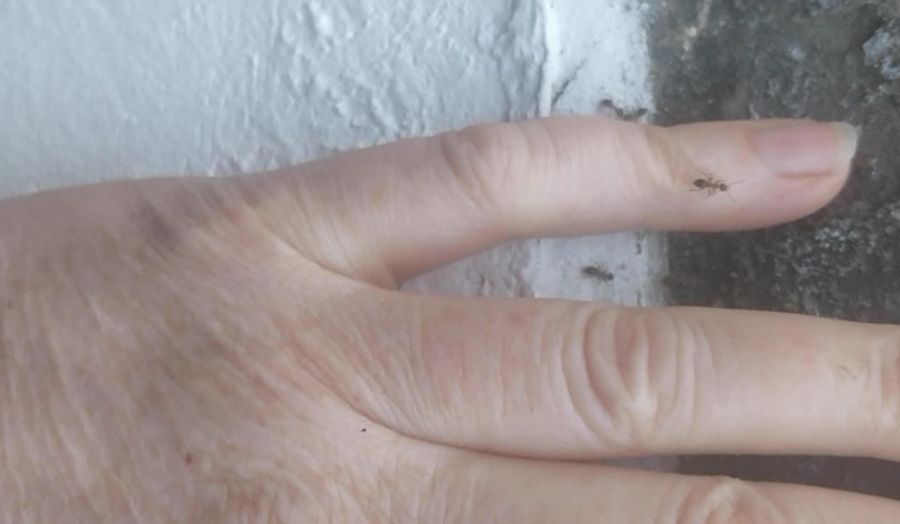
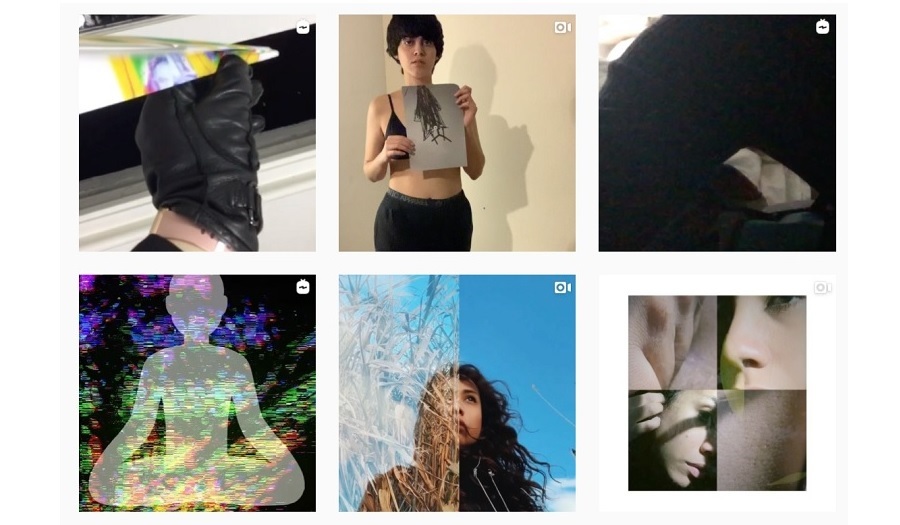
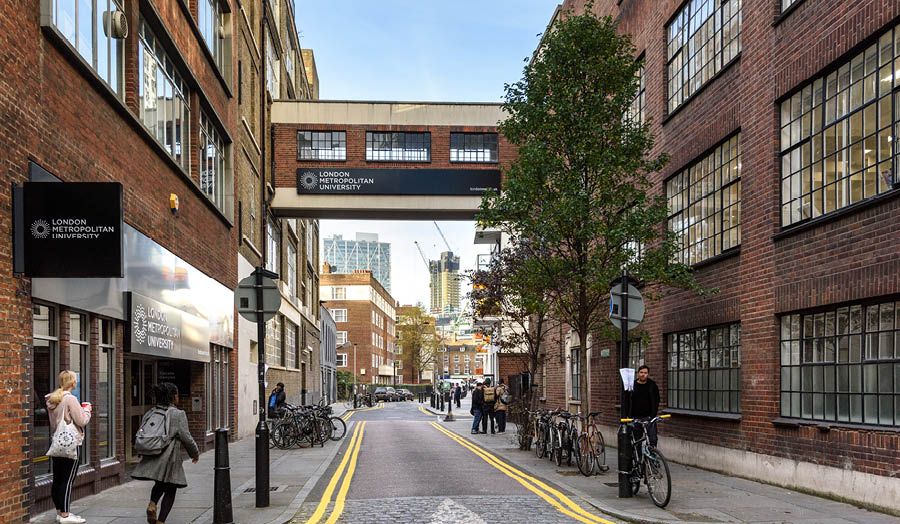
.jpg)
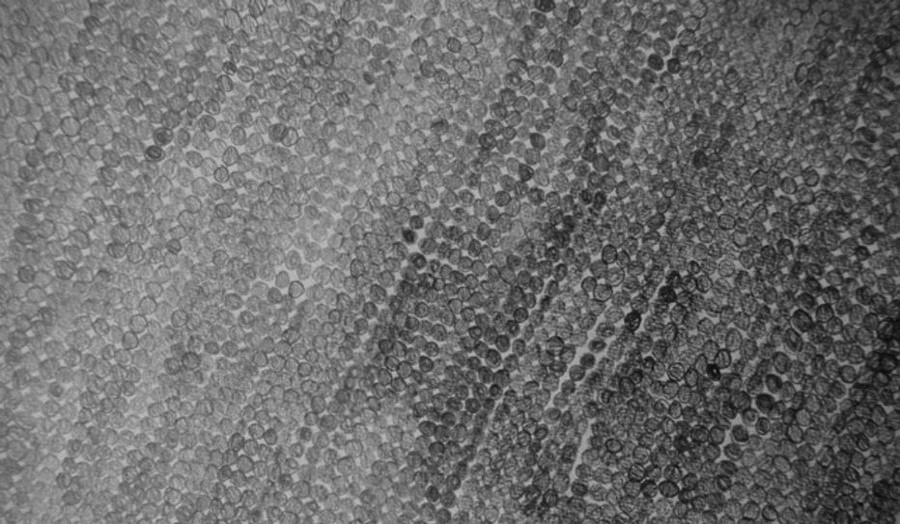
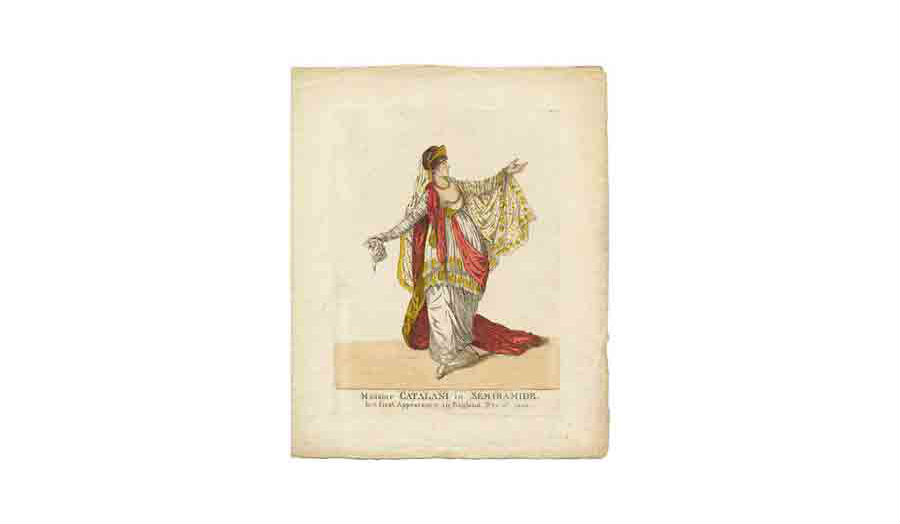
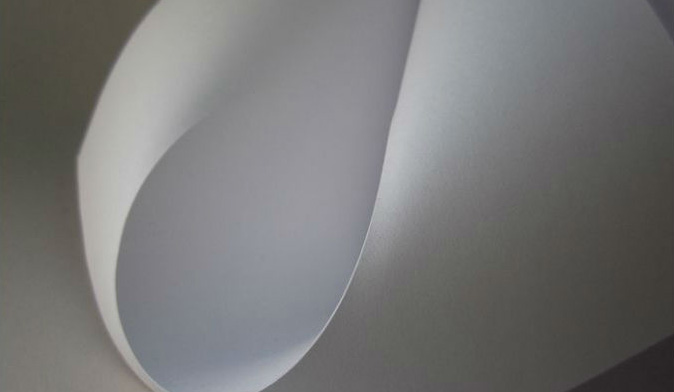
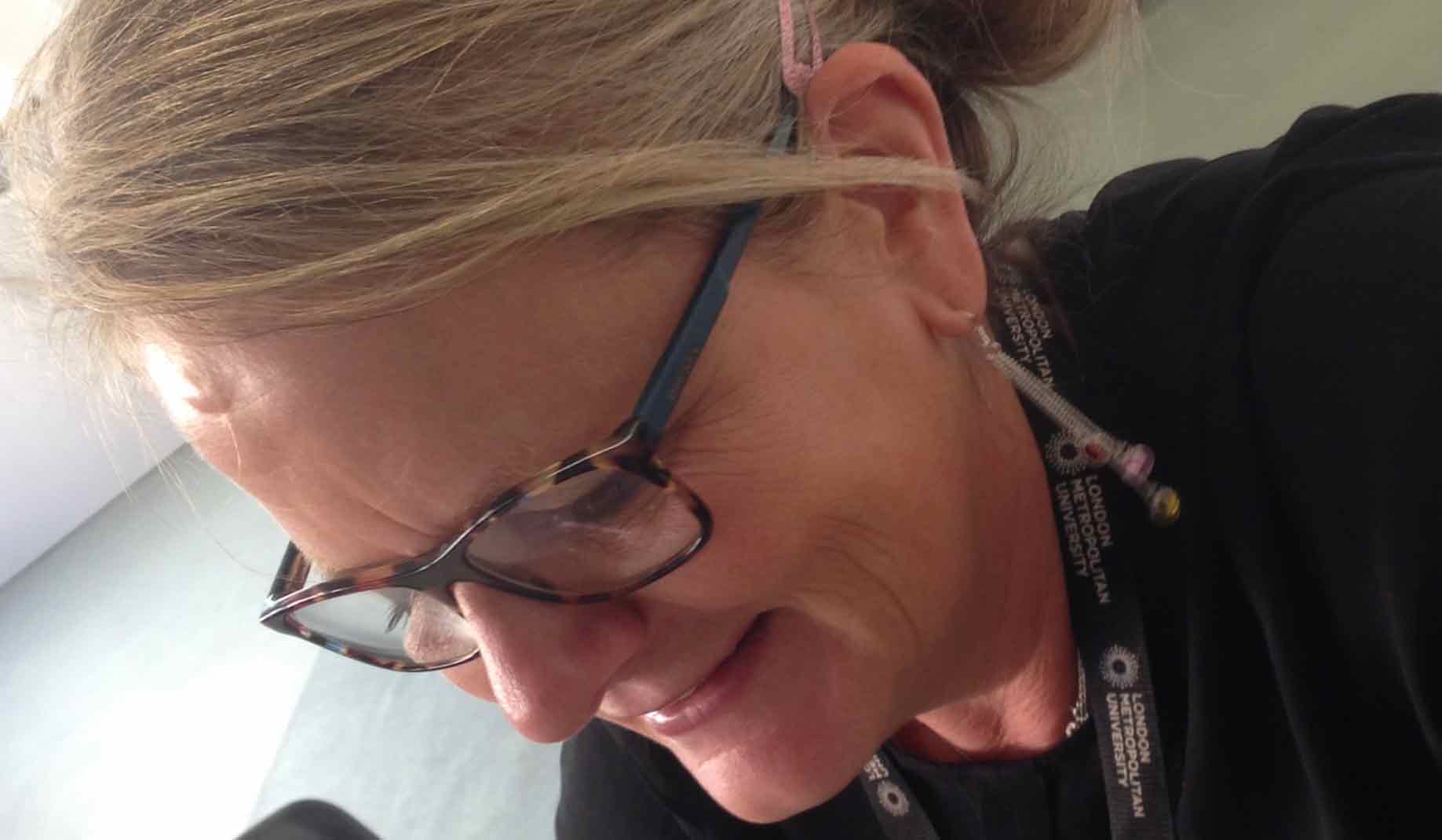

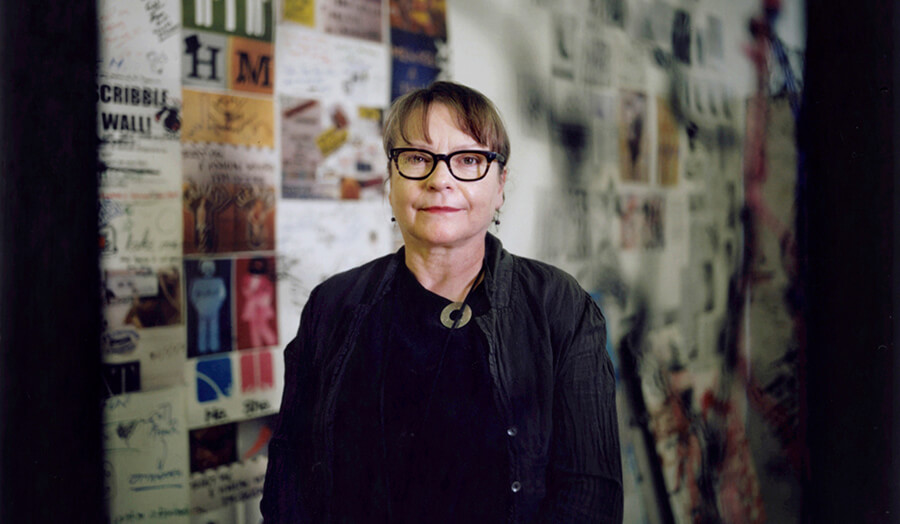
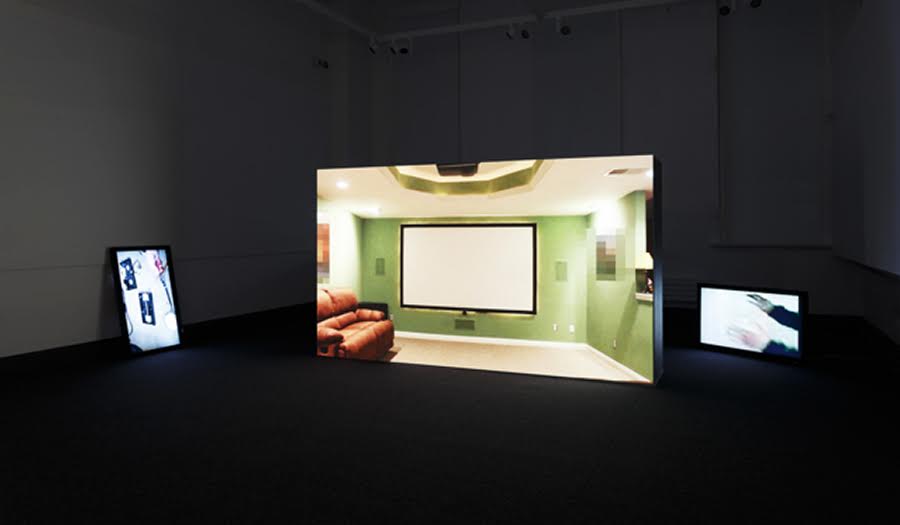
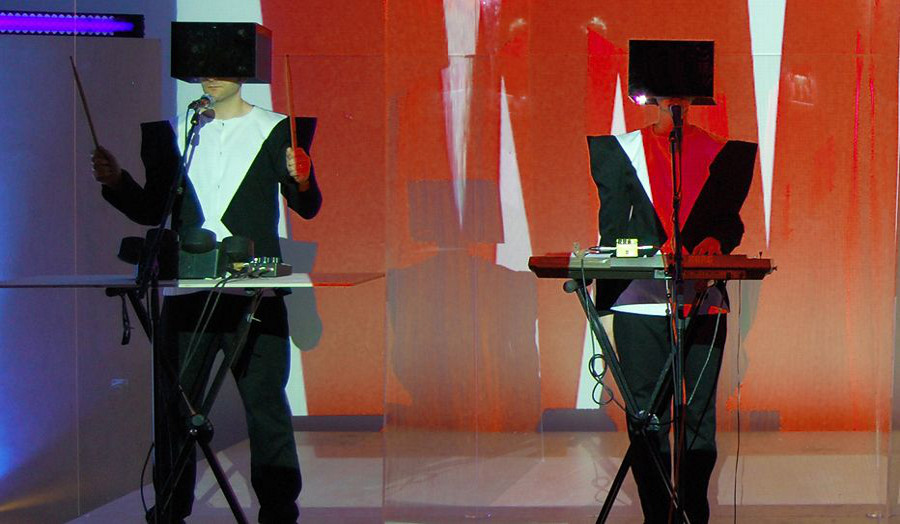
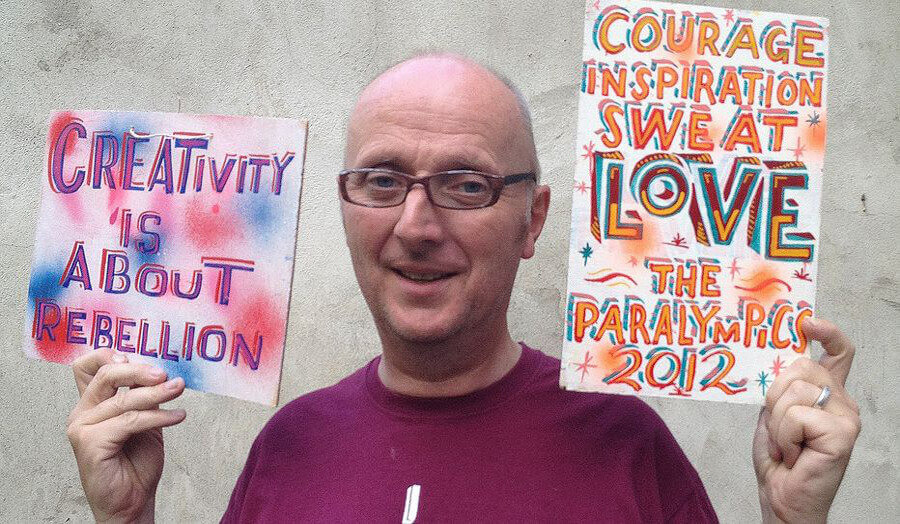
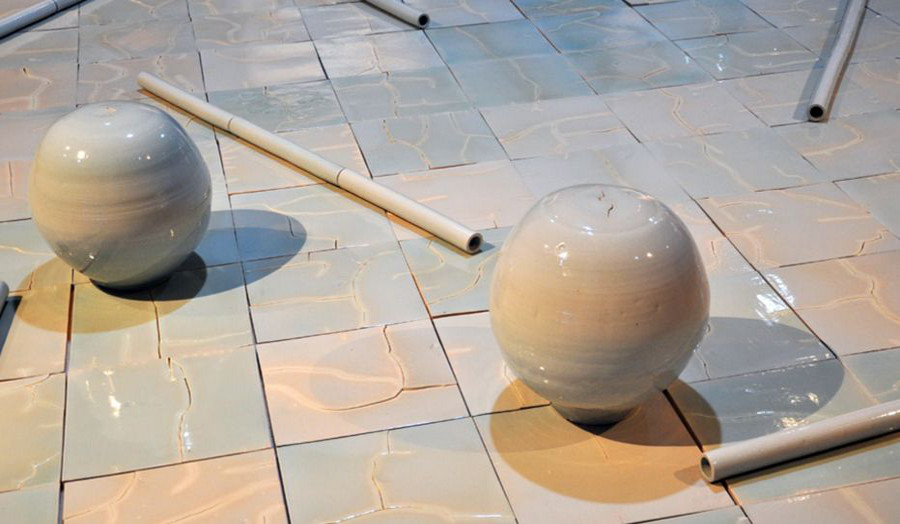
.jpg)
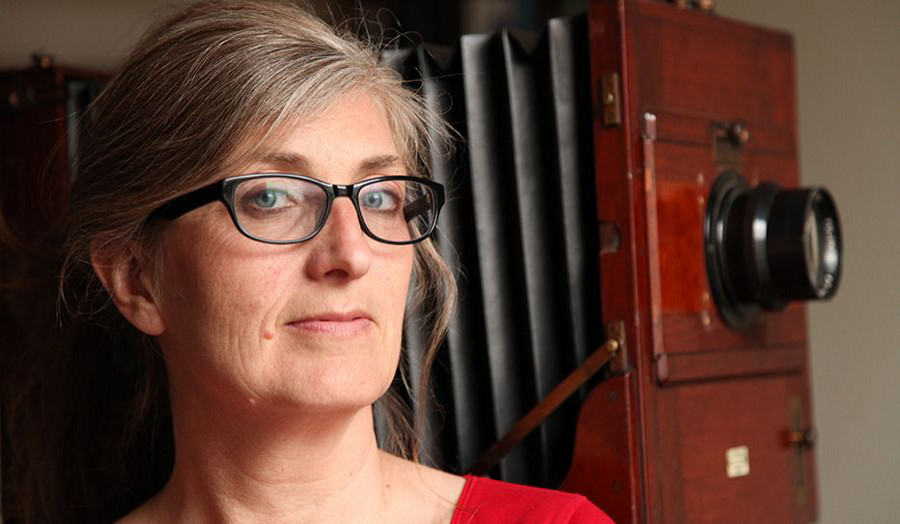
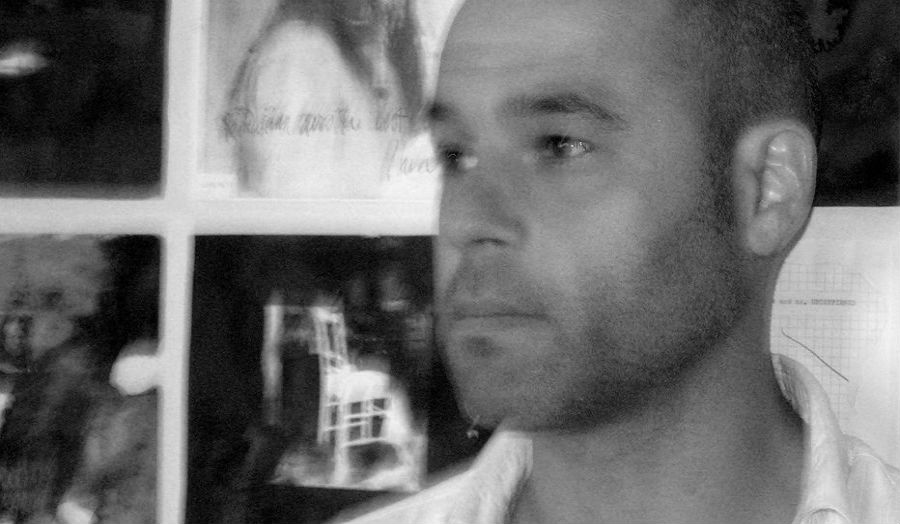
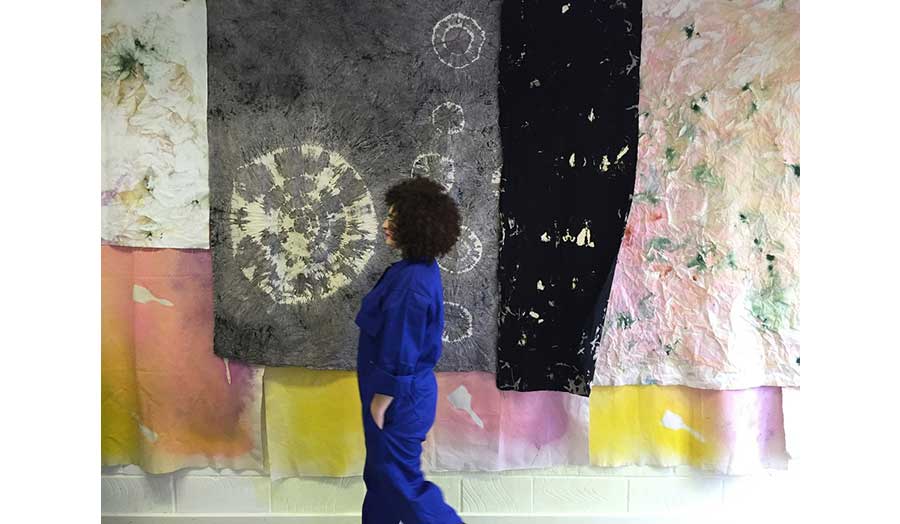
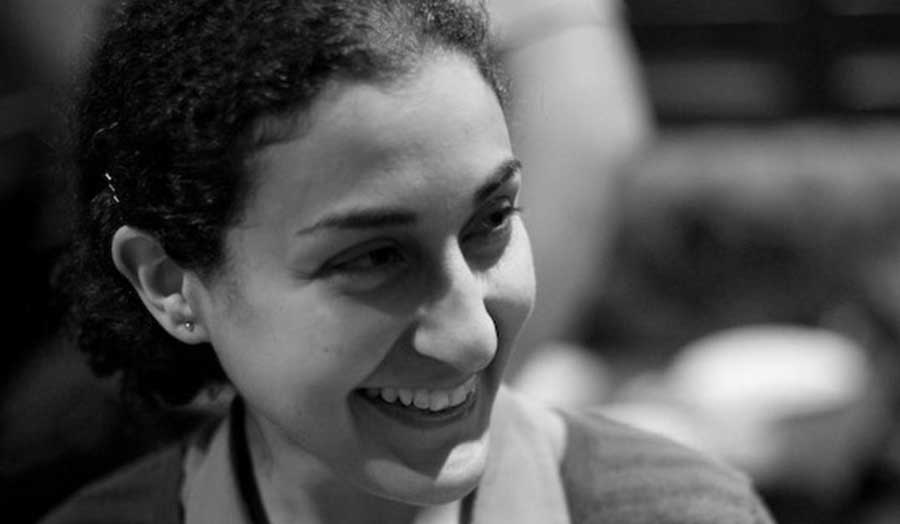
,-Janette-Parris.jpg)

